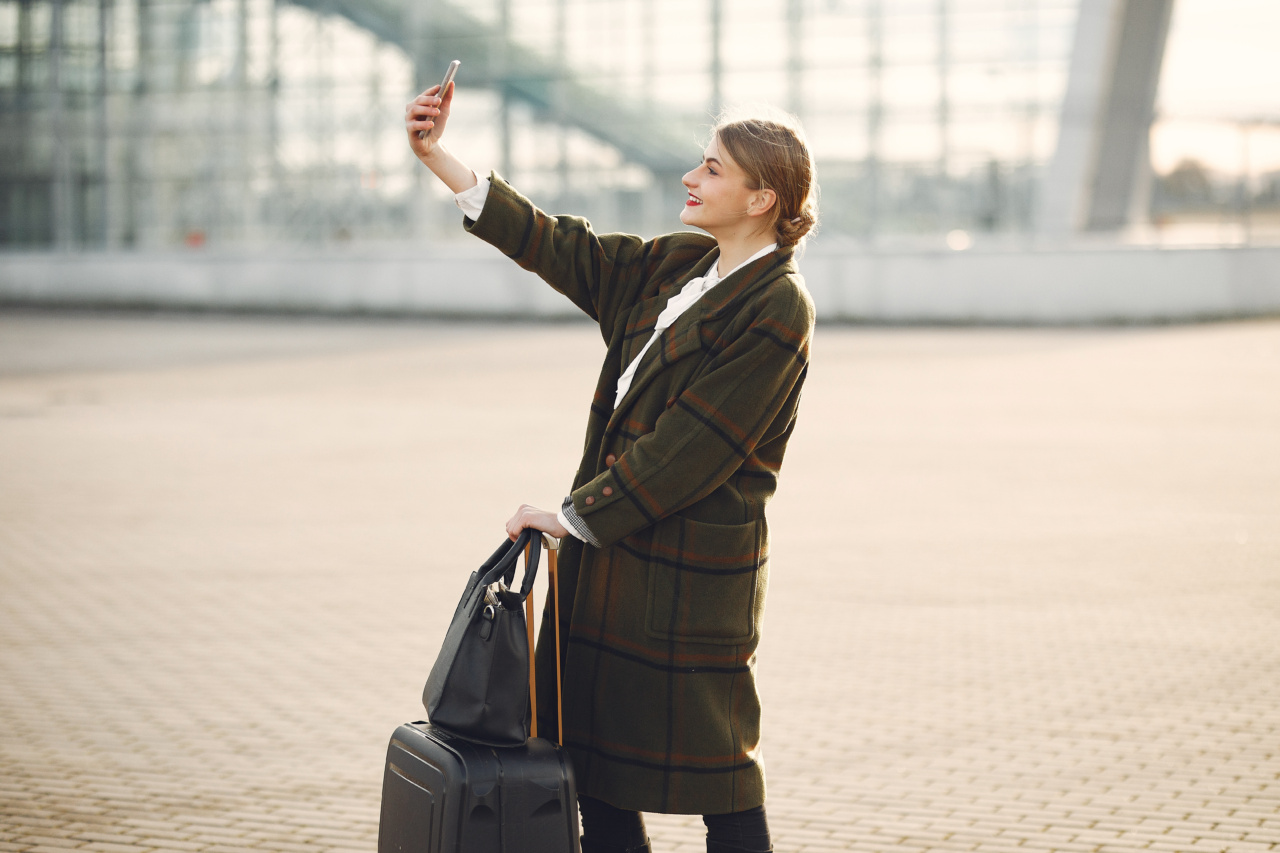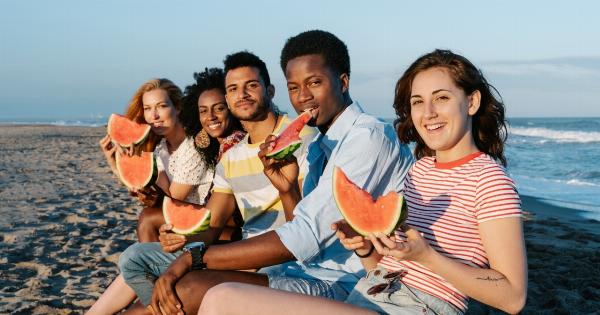Going on vacation is a time when many people can relax, explore new destinations, and enjoy some time away from the everyday stresses of life.
However, for some individuals, the thought of vacation may also bring about an increase in appetite and a desire to indulge in more food than usual.
The psychology behind vacation cravings
There are several psychological factors that contribute to why vacation can make us crave more food. One of the main reasons is the mindset shift that often occurs during holidays.
When we are on vacation, we tend to be in a more relaxed state, allowing ourselves to let go of restrictions and fully enjoy the experience. This change in mindset can lead to a lax approach to eating habits and a greater willingness to indulge in delicious, sometimes unhealthy, foods.
Another psychological factor is the association between vacation and reward. Many people view vacation as a well-deserved break from work or daily responsibilities.
As a result, they may feel justified in treating themselves to more food and indulgent dishes as a reward for their hard work. This mentality can lead to overeating and an increased craving for indulgent foods that are often associated with vacation destinations.
The influence of environment
Our environment plays a significant role in our food cravings, and vacation destinations often offer unique culinary experiences.
When we are in a new place, surrounded by different cuisines and flavors, our senses become heightened, making food even more enticing. Additionally, being in a vacation destination can create a sense of novelty and excitement, which can increase our desire to try new foods and indulge in local delicacies.
The availability of food also plays a role in our vacation cravings. All-inclusive resorts, cruise ships, and buffets often provide an abundance of food options that are readily available throughout the day.
The constant exposure to food can lead to mindless eating and an increased intake of calories. When we have access to an unlimited amount of food, the temptation to continue eating becomes stronger.
The impact of relaxation and stress reduction
Vacations are known for their ability to help individuals relax and reduce stress levels. When we are stressed, our bodies produce cortisol, a hormone that can increase appetite and lead to cravings for energy-dense foods.
By taking a break from our usual routine and allowing ourselves to unwind, we can reduce stress levels and potentially decrease cravings for unhealthy foods.
However, relaxation can also lead to an increase in appetite. When we are in a state of calmness, our bodies tend to seek pleasure and enjoyment.
Food often provides comfort and pleasure, which is why we may find ourselves craving more food during vacation. Furthermore, relaxing or lounging around during a vacation can lead to boredom, and many people turn to food as a form of entertainment or to fill the void of boredom.
The social aspect of vacation eating
Another significant factor in why vacations make us crave more food is the social aspect of eating. Vacations often involve sharing meals with loved ones, indulging in local delicacies together, and trying new foods as a group.
The act of eating becomes a social event, and the enjoyment of food is heightened when shared with others. This social element of vacation eating can influence our cravings and lead to an increased consumption of food.
Suggestions for maintaining a healthy balance
While indulging in delicious foods during a vacation is a part of the experience, it’s essential to find a balance between enjoyment and maintaining a healthy lifestyle.
Here are some suggestions for managing cravings and maintaining a healthy balance:.
1. Practice mindful eating
Be aware of your hunger and fullness cues. Practice mindful eating by savoring each bite and paying attention to the flavors and textures of the food.
This can help you avoid mindless overeating and allow you to fully enjoy your meals without feeling overly full.
2. Stay active
Engage in physical activities or excursions during your vacation. This not only helps burn calories but also provides a healthy outlet for stress reduction.
Plan active sightseeing tours, bike rides, or hikes to stay physically active and counterbalance indulgent food choices.
3. Opt for healthier choices
While it’s okay to indulge in local delicacies and treats, try to incorporate healthier food choices into your vacation meals as well. Load up on fresh fruits, vegetables, lean proteins, and whole grains.
This will provide your body with essential nutrients while still allowing you to enjoy the local cuisine.
4. Portion control
Be mindful of portion sizes, especially when faced with buffets or all-you-can-eat options. Use smaller plates and take small portions of high-calorie foods. This way, you can sample a variety of dishes without overindulging.
5. Stay hydrated
Drinking plenty of water throughout the day can help curb unnecessary cravings and keep you hydrated. Sometimes we mistake thirst for hunger, so it’s essential to stay properly hydrated to avoid excessive snacking.
6. Listen to your body
Pay attention to how your body feels after eating certain foods. If you notice that certain indulgences make you feel uncomfortable or sluggish, try to make more mindful choices in the future.
Allow yourself to enjoy the foods you love, but also listen to your body’s needs and make adjustments accordingly.
Conclusion
While vacations may lead to increased cravings for food, understanding the psychological and environmental factors at play can help us find a healthy balance.
By practicing mindful eating, staying active, opting for healthier choices, controlling portions, staying hydrated, and listening to our bodies, we can enjoy our vacation while still maintaining a healthy lifestyle.






























